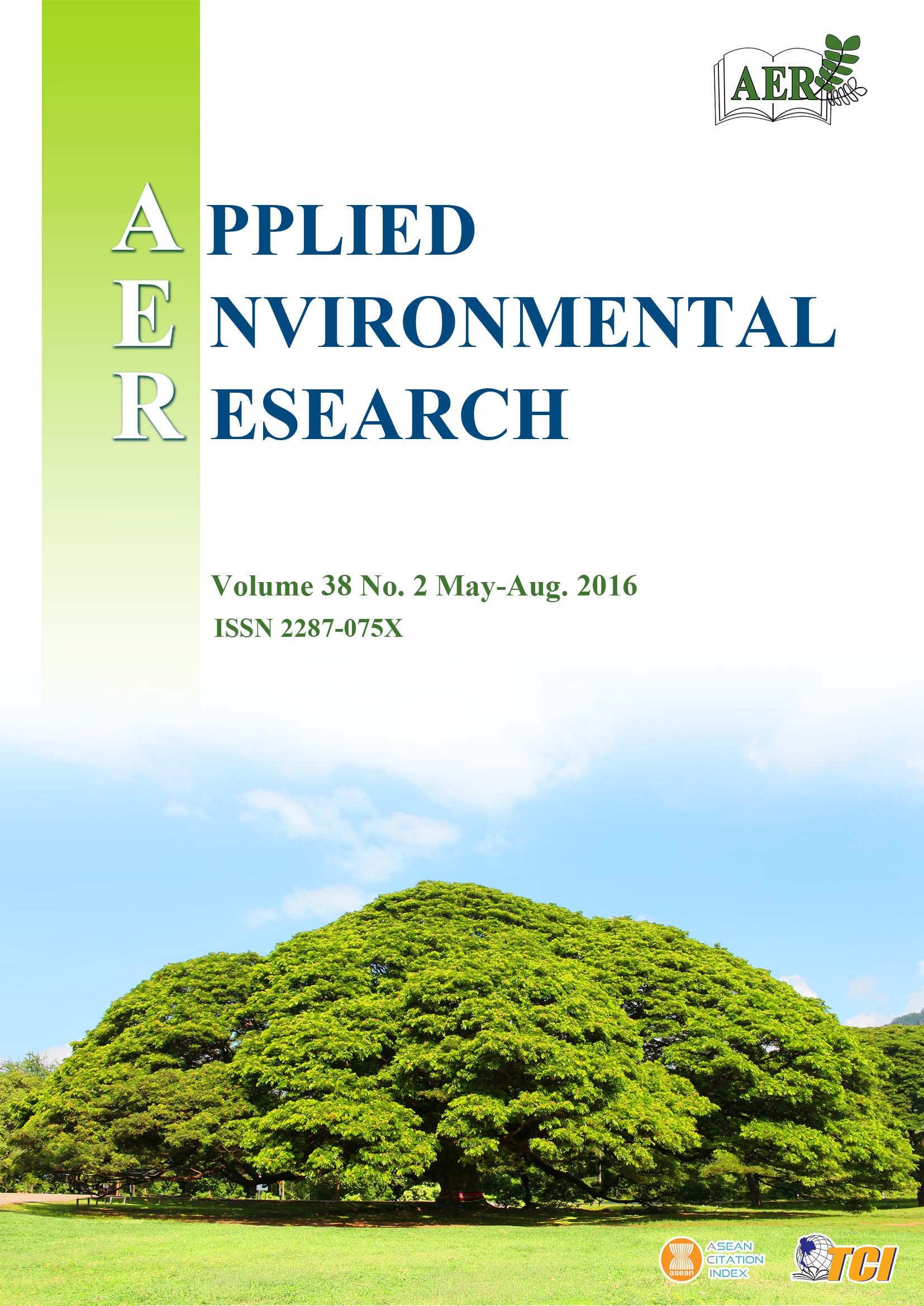The Analysis of Garbage Management Tools Based on the Levels of Transactional Collaboration between Shipping Company and Seaport
Main Article Content
Abstract
Marine garbage reception facilities can effectively prevent marine pollution when adequately implemented together with other management tools. This paper analyzes the garbage management policy based on transactions between shipping companies and the seaport. Multivariate analysis of variance (MANOVA) was used to scrutinize the influence of transactional collaboration (independent variable) on the different reasons for using GRF of the shipping firms (dependent variable). The study indicates that the motivations of ship operators (identified as laws and regulations, navigation limitations, partnerships, competitiveness and environmental consciousness), varies depending on frequency of transaction during the year. Management policies varied by ship operator. In addition, an over-optimistic perception of the state of the marine environment appears to prevail among shipping companies. Nevertheless, the majority of respondents reported concerns over the dangers of ship-generated garbage to the environment as well as marine wildlife. This study highlights the need for technical cooperation and greater exchange of knowledge among port authorities, shipping firms and other environmental related institutes.
Article Details

This work is licensed under a Creative Commons Attribution-NonCommercial 4.0 International License.
Published articles are under the copyright of the Applied Environmental Research effective when the article is accepted for publication thus granting Applied Environmental Research all rights for the work so that both parties may be protected from the consequences of unauthorized use. Partially or totally publication of an article elsewhere is possible only after the consent from the editors.

